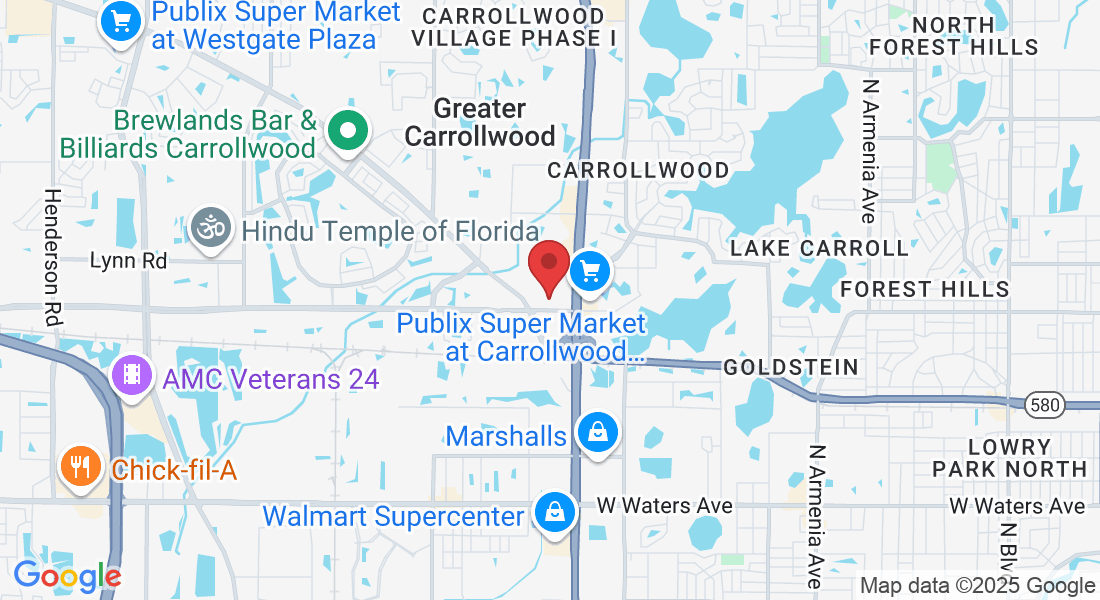CALL NOW & SCHEDULE TODAY
Our Blog
Here you will find free financial tips and actionable items that can help you make better financial decisions, and get you on the path to financial independence. Here's to your success!

What's Indexed Universal Life Insurance (IUL) & How It Really Works
Hey folks, let's talk about something that might seem as complex as trying to change a diaper in the dark: Indexed Universal Life Insurance, or IUL for short. If you're trying to navigate the wild world of financial planning, stick around. This might just be the flashlight you need.
What is IUL?
Picture this: you're shopping for life insurance because you want to protect your family, right? But then, you stumble upon this hybrid model, IUL, which promises not just life insurance but also a piece of the investment pie. It's tied to a market index, like the S&P 500, but with a twist - it has a safety net to catch you if the market falls.
How Does IUL Work?
Imagine your premium (what you pay the insurance company) as a pie. With IUL, part of your pie goes towards the cost of your life insurance, and the other part gets to play in the stock market sandbox, kind of.
The money never enters the market - With an IUL, the money funding the cash value portion of the policy is never actually invested into the market. Instead, the insurer holds your "cash" and pays a return on the annual growth of a specific index.
The growth potential is capped - While most policies have a "floor" of 0% which prevents your cash value from dipping below what you put into it, your growth potential is capped, too. For example, if your policy limits growth to 7.75% on the index and that index outperforms that percentage, you'll still only receive the value of 7.75% in your account. The insurer keeps the difference.
No dividends - Dividends are completely eliminated in an IUL policy. Not having the chance to reinvest any earned dividends, as you could choose to do with an individual investment, means you could miss out on a great deal of money from dollar-cost averaging over time.
Fees, fees, and more fees - IUL policies are packed with fees and charges that will eat into any cash value accrued.
Rising costs - The internal cost of insurance continues to rise as you age, which can limit the amount of money going toward any potential cash value.
PLUS: Almost all cash value policies have these "features" built in.
You'll accumulate NOTHING in cash value for the first few years the policy is in force.
The cash value earns a lower rate of return (often just 2%-4%) than the potential return you could achieve if you put your money into a vehicle such as a Roth IRA in the U.S.
If you borrow from the cash value, you'll pay it back plus interest, often at 6%-8%.
If you die with the policy in force, beneficiaries receive the death benefit (less any outstanding cash value loan balance) while the company keeps any accrued cash value:
If the market does well, your cash value can grow. But here's the kicker: if the market tanks, you don't lose your principal. Sounds great, but remember, there are caps on how much you can earn, and let's not forget the fees, which can eat into that pie faster than a toddler with a birthday cake. And, although you are paying for two things, the insurance coverage and the savings (the cash value), you only get one. If you die, your beneficiaries get the death benefit (minus any outstanding cash value loan balance), and the company keeps your savings. If you take out the cash value, the company cancels your coverage.
Comparing IUL to Other Savings Strategies
Let's break it down Barney-style. With the amount of money you'll be paying into an IUL, you could go with a simple term life insurance policy and get a lot more coverage, and then invest your remaining dollars into an actual investment like a Roth IRA or a brokerage account. Why? Because this approach gives you clear, straightforward growth without tying your hands with fees or caps. You'll have more coverage, and your money will grow considerably more.
Real-World Scenarios
Let’s say the market's riding high like a kid on a sugar rush - your IUL's cash value could see some growth. But if the market's as flat as pancake, those fees still come out, and your cash value might not stack up as high as you'd hoped.
Expert Opinions
Here's the deal, straight from the financial experts: most suggest that while IUL is advertised as having its perks, it often doesn't live up to the hype. It's like buying a minivan for the extra space but ending up with a compact car—not exactly what you hoped for.
Conclusion
People should steer clear of Indexed Universal Life Insurance. The reason? The insurers and agents selling it don't have to put the customer first. It's a really complicated product that's tough to understand, full of features that aren't clear. All of this could lead to big money problems down the road.
Before you dive into the IUL pool, make sure you know how deep it is. You can schedule a free consultation with me, ask the hard questions, and always, always I will put your family's needs first.
Call to Action
So, what's it gonna be? If you're leaning towards IUL or just want to learn more about your options, schedule a free consultation with me and we'll shoot straight with you. After all, when it comes to your family's future, you deserve the straight scoop, not just a sales pitch.
---
Remember, folks, the best financial plan is one that works for you and your family. Stay informed, stay engaged, and here's to a future as bright as your child's smile.
FAQ Section
Q1: What exactly is Indexed Universal Life Insurance (IUL)?
A1: IUL is a type of life insurance that offers death benefit protection and a cash value component that grows based on a market index, like the S&P 500, with certain protections against market downturns.
Q2: How does the cash value in an IUL policy grow?
A2: The cash value is tied to a stock market index and earns interest based on the index's performance, subject to caps and floors, meaning there's a maximum gain and protection against loss.
Q3: Are there any guarantees with IUL?
A3: While IUL offers a floor to protect against market losses, ensuring your cash value doesn’t decrease if the market dips, returns on the cash value portion are not guaranteed due to caps on maximum earnings.
Q4: Can I access the cash value in my IUL policy?
A4: Yes, policyholders can borrow against the cash value of their IUL policy, although this will reduce the death benefit and have tax implications.
Q5: Is IUL a good option for saving for my child's education?
A5: IUL is a life insurance policy with a savings component and it is never a good option for saving for child's education.
Key Takeaways
- IUL Combines Protection and Potential Growth: It offers a death benefit along with a cash value that grows based on a market index, offering a unique blend of security and growth potential.
- Understand the Caps and Floors: The cash value’s growth is subject to caps and floors, protecting against market downturns but also limiting maximum gains.
- Accessing Cash Value: Policyholders can access their policy's cash value, providing financial flexibility but potentially affecting the death benefit and having tax consequences.
- Compare with Other Saving Strategies: Before choosing IUL, especially for specific goals like education savings and retirement planning, compare it with other saving vehicles to make the best choice for your financial situation.
- Seek Professional Advice: Given the complexity and long-term commitment of IUL, consulting with a financial advisor is crucial to ensure it fits within your overall financial plan.
Our mission at J&M Financial Services is simple: to empower families to achieve financial peace of mind. We achieve this by upholding values like integrity, trust, and an unwavering dedication to your financial success.
10008 N Dale Mabry Hwy
Ste 100-S
Tampa, FL 33618
888-681-7506
Copyright © 2025 J&M Financial Services - All Rights Reserved


